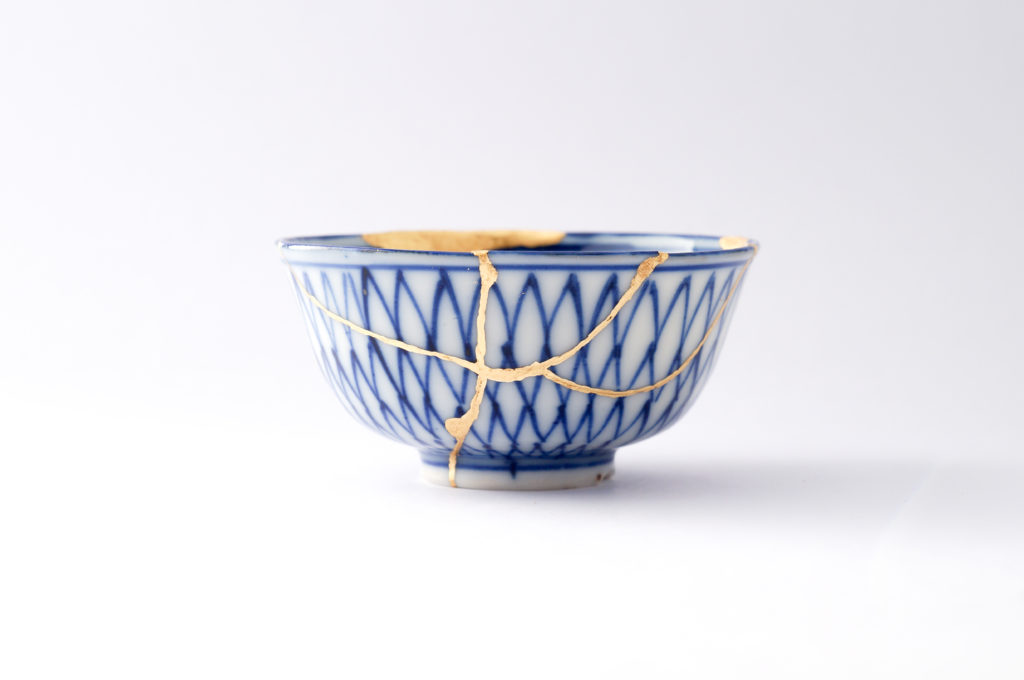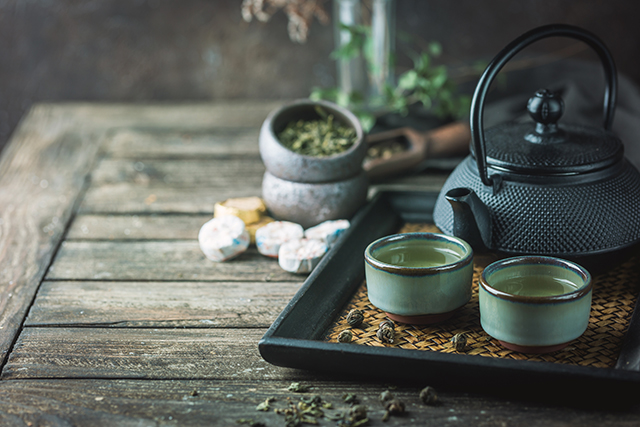
It’s common to feel the pressure to be perfect. Or at least appear perfect if nothing else. But, more and more, people are beginning to celebrate what makes them imperfect and finding that it makes them stronger than ever. It reminded me of something I encountered many years ago, which is that in some cultures, people repair broken items with gold.
After digging around a bit, I found out that this is called kintsugi, and it’s a Japanese art form. Built on the idea of embracing flaws and imperfections, kintsugi allows you to create something stronger and more beautiful than the original. As someone who breaks stuff all the time, this felt particularly poetic to me. As I read more deeply about the practice, I also learned about wabi-sabi, a Japanese aesthetic that embraces imperfection.
What is wabi-sabi?
Wabi-sabi is a philosophy that places value on the imperfect nature of life. It asks you to appreciate roughness, simplicity, modesty, and age, and to celebrate what is, rather than what could be. Similar to the Swedish concept of lagom, which means not too much and not too little, wabi-sabi encourages finding beauty in the everyday: a sunset, the sound of birds chirping, a great iced coffee.
Wabi-sabi can mean many things: an escape from the modern world’s obsession with perfection, a less is more mentality, or authenticity. But overarchingly, according to Omar Itani, “it reminds us that all things including us and life itself, are impermanent, incomplete, and imperfect. Perfection, then, is impossible.”
A way of life
No one ever wrote down the philosophy behind wabi-sabi. Instead, it passed through word of mouth over many generations. But it’s generally accepted that wabi and sabi are two different concepts. Wabi refers to a sense of simplicity and understated elegance. Sabi is concerned with the passage of time and the way all things grow, age, and decay. Together, they create a way of life that asks you to accept what is, stay in the moment, and appreciate the simplicity in your life.
In the world of wabi-sabi, we value imperfections and asymmetry over perfection and symmetry. This means that a handmade vase with a crooked handle or a chipped edge may be considered more beautiful than a flawless machine-made vase.
Five major teachings
If you’re interested in practicing wabi-sabi in your life, consider the following principles:
- Through acceptance, you find freedom. Out of acceptance, you find growth.
- All things in life, including you, are in an imperfect state of flux. So strive not for perfection, but for excellence instead.
- Appreciate the beauty of all things. This includes the beauty that hides beneath the surface of what seems to be broken.
- Slow and simple is the only way to feel the joy of what it means to be alive.
- Stop chasing happiness. If you want to feel happy, become content exactly where you are with all that you already have.
Wabi-sabi reminds you that nothing is permanent, that imperfections are perfect, and simplicity isn’t a bad thing. It gives you permission, if you need it, to be yourself. And that in itself feels like a victory.








